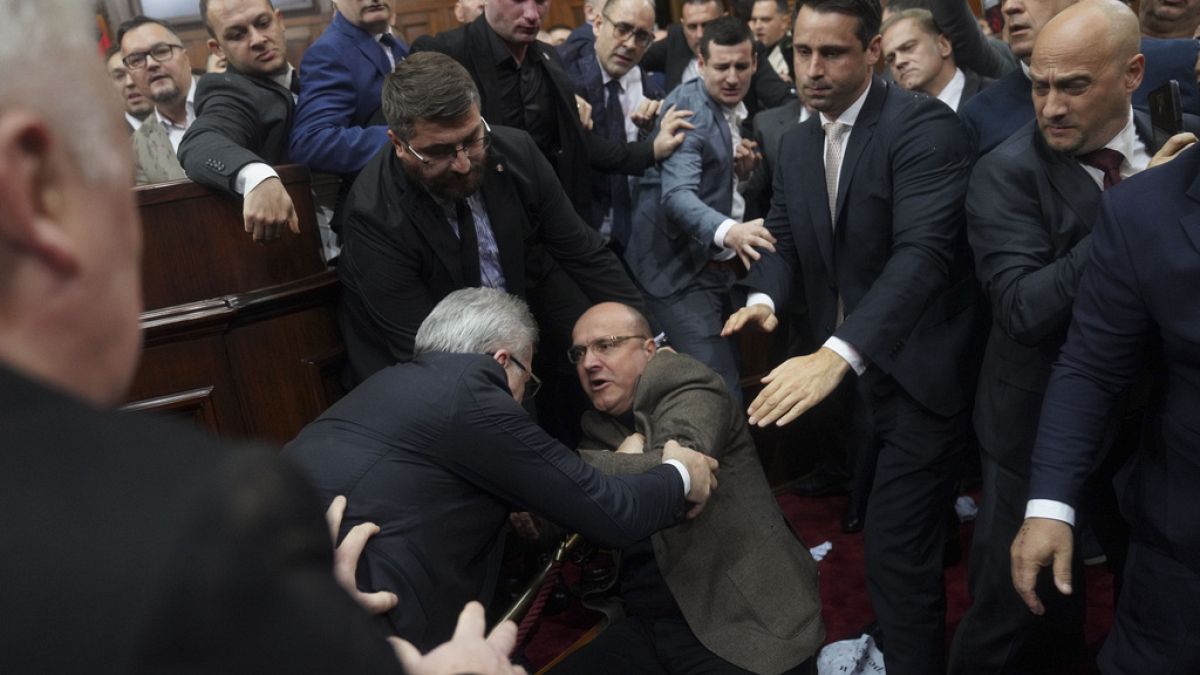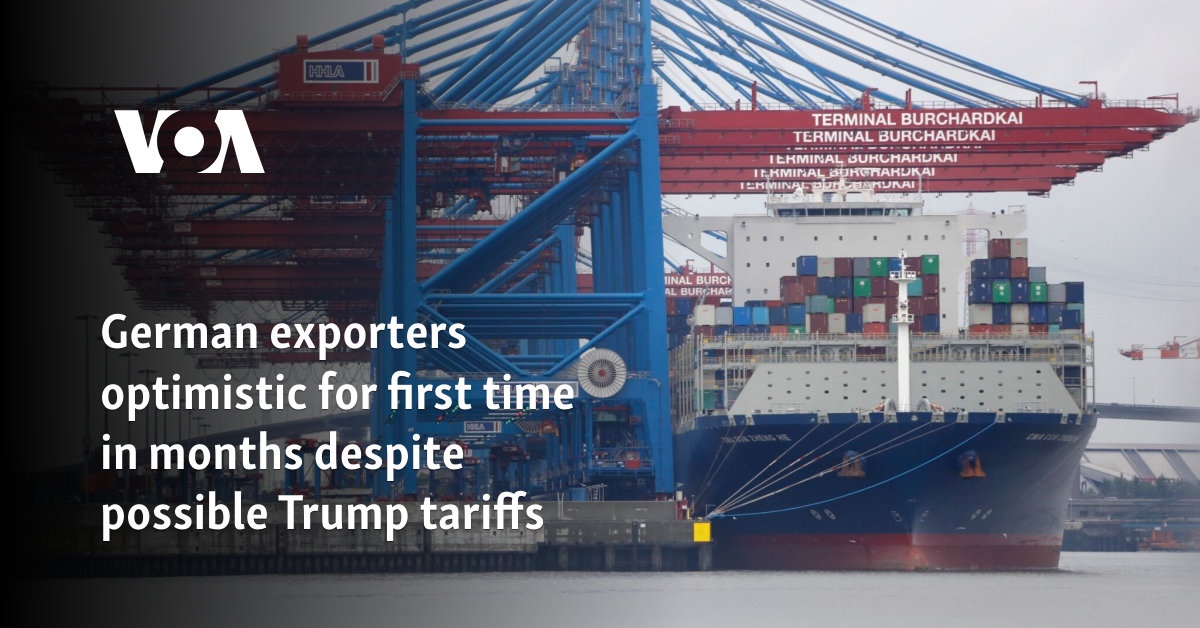Resolute Mining's CEO and two other employees were arrested in the Malian capital in early November after meeting with tax and mining authorities.
An Australian gold mining company has agreed to pay Mali's military government $160 million (€152 million) to help resolve a tax dispute after the West African nation detained the company's CEO and two other employees earlier this month.
Resolute Mining's CEO, Terence Holohan, and two other staff were arrested on 8 November in Mali's capital, Bamako, having travelled to the country for a meeting with mining and tax authorities. Mali's government has not said why the three were detained.
The company said in a statement on Monday that all claims made against it by Malian authorities, "including those related to tax, customs levies, maintenance and management of offshore accounts", had been settled.
Resolute Mining said it will pay Mali half the fine imminently from existing cash reserves, with the other half to follow in the coming months.
The company said that Holohan and the two other staff were "safe and well", and that it was working with Mali's government on their release. The three employees are British nationals, and Britain's foreign office said it was providing support while staying in contact with local authorities.
Such arrests appear to be part of a recent pattern in Mali's vital and foreign-dominated mining sector, which is increasingly under the scrutiny of the military authorities that currently govern the country.
Four employees of Canada's Barrick Gold were also detained for several days in September.
Mali is one of Africa's top gold producers, and since taking power in 2021, its military junta has sought to extract more income from foreign mining companies to shore up state revenues.
Last year, the country rewrote its mining laws to increase the maximum stake for state and local investors from 20% to 35%.
Resolute Mining has been working for years at Mali’s Syama gold mine, a large-scale operation in the country’s southwest. It holds an 80% stake in the mine, with the Malian government holding the remaining 20%.

 By Euronews | Created at 2024-11-19 13:50:01 | Updated at 2024-11-26 10:36:11
6 days ago
By Euronews | Created at 2024-11-19 13:50:01 | Updated at 2024-11-26 10:36:11
6 days ago







